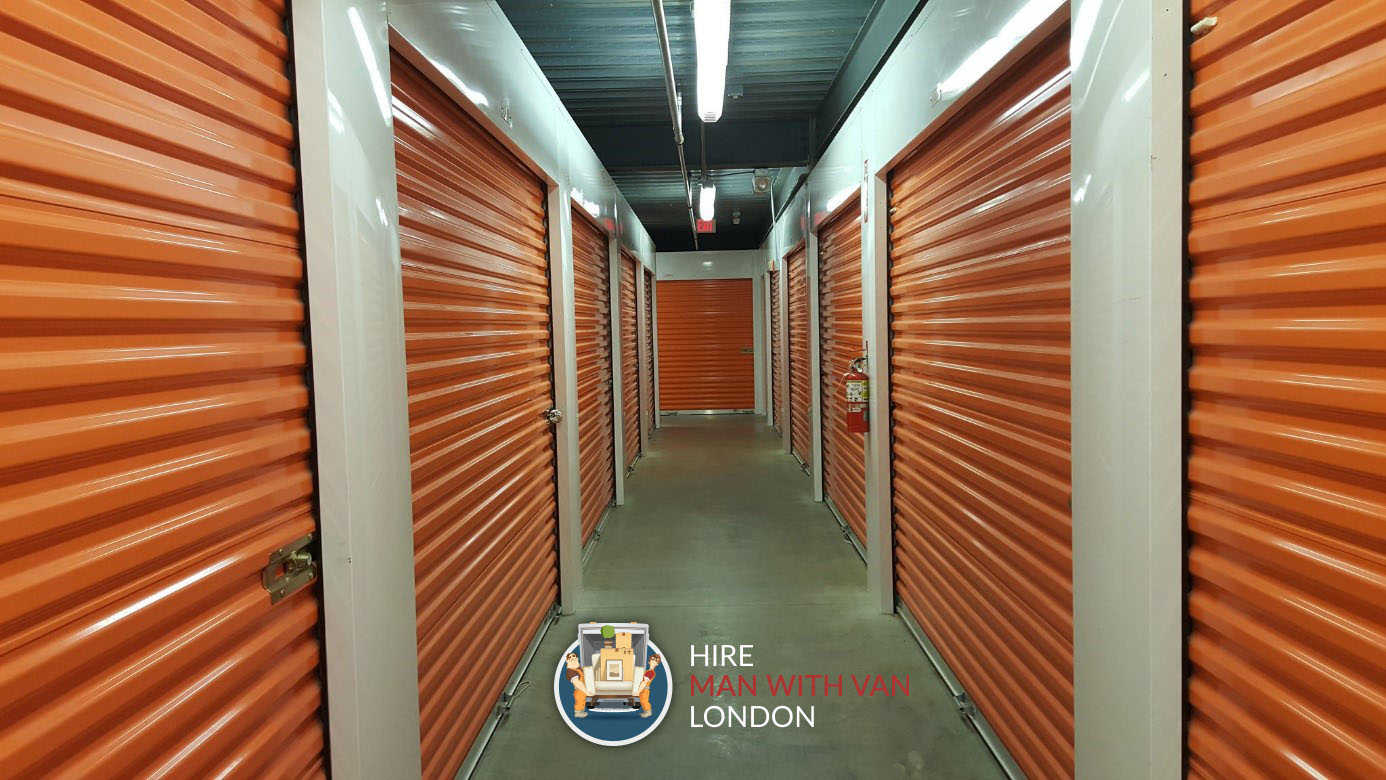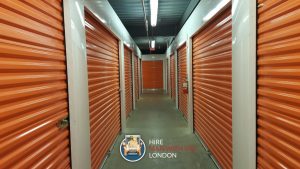Renting a storage unit is something many people who are in the process of a home relocation choose to do. This can be a smart and convenient solution for those of you who are:
- Moving to a smaller home
- Forced to deal with a big gap between leases
- Relocating to different city or country
- Merging households
- Switching homes in a rush
If you have found yourself in one of these situations, you may have already taken the decision to rent a storage room. But before you do that, you need to learn the difference between private storage and self-storage and all the advantages and disadvantages that each of these two options offers.
What is private storage?
This is a service that is usually offered by professional moving companies. For instance, if you have booked a firm to provide you with comprehensive home removals in London, that same firm can also deliver you with several additional services of your choice such as packing, rubbish removal and storage. Most large and licensed relocation businesses have a storage facility of their own and offer storage units of various sizes.
Pros of private storage
The greatest advantage of this type of storage service is that you will not need to lift a finger to pack, transport or even to arrange and organise your item inside the unit. All of that will be taken care of by the moving company. A team of reliable movers will come to your address, pack your possessions, load them on a fully-equipped moving van and take them to their facility, where it will be placed in a climate-controlled storage room. This offers incredible convenience to clients, as they will not need to worry about a single thing. Another upside of this option is that it is cheaper since it is viewed as an additional service rather than a stand-alone service. Also, given that your items will be packed and arranged by experienced movers, you will be able to fit them in a smaller unit without a problem.
Cons of private storage
There is only one downside of private storage – you need to book an appointment in advance in order to access your room which means less flexibility for you. In addition to that, many companies charge customers a modest access fee. So, if you think that you will often need to make trips to the facility, you should prepare to pay more in the end.
What is self-storage?
Self-storage is a service typically offered by a storage company. Different companies have different facilities. Some may feature temperature-controlled units and extra-large rooms, others may not.
Pros of self-storage
With this storage option, you will have the freedom to access the unit you have rented at any hour and on any day, as long as the facility is open for clients. Also, you will not be required to pay an access fee which is one less thing to worry about.
 Cons of self-storage
Cons of self-storage
Since this is classified as an independent service and not an extra, it tends to be more expensive compared to private storage. The worst thing is that you will be the one that will need to prepare your items for storage, figure out a way to transport them to the facility and to find enough spare time to properly arrange everything inside the unit.


 Cons of self-storage
Cons of self-storage